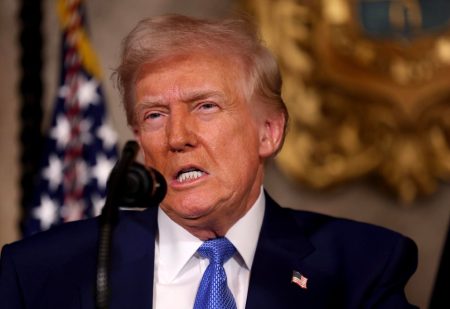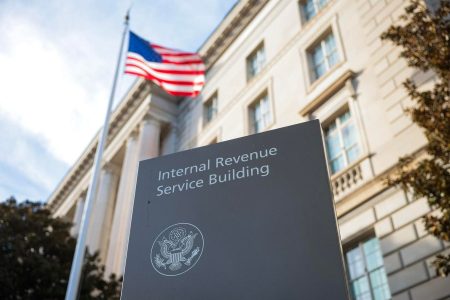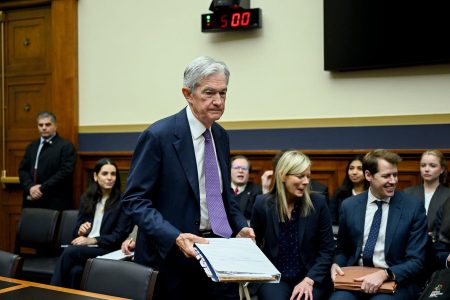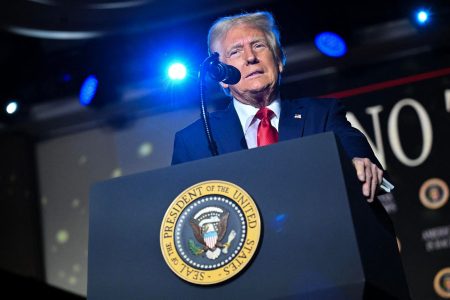India’s emergence as a major purchaser of Russian oil following the 2022 Ukraine invasion and subsequent Western sanctions has reshaped global energy dynamics. Exploiting the discounted prices offered by Russia due to the sanctions, India drastically increased its Russian oil imports, which now constitute a substantial 40% of its total oil purchases, a fourfold increase from pre-war levels. This surge coincided with the implementation of a price cap on Russian crude by the West, aimed at limiting Russia’s oil revenues while ensuring continued supply to the global market. India capitalized on this situation, becoming a primary beneficiary of the discounted oil, thereby challenging the efficacy of the sanctions regime. This trade relationship between India and Russia, worth billions of dollars monthly, became a critical lifeline for Moscow amidst Western pressure.
A key aspect of this burgeoning oil trade was the increasing reliance on “shadow tankers” – vessels with obscured ownership structures – to circumvent Western sanctions, particularly those targeting shipping and insurance services. These shadow tankers became instrumental in facilitating the flow of Russian oil to India, accounting for a significant portion of the total seaborne crude oil transport. This reliance on shadow fleets undermined the West’s leverage in enforcing the price cap and controlling Russian oil revenues. The opacity of these shipping networks further complicated efforts to track and regulate the trade, posing challenges to the effectiveness of sanctions.
Recognizing the circumvention of its sanctions through this shadow tanker network, the United States implemented a new wave of sanctions in January 2024. These measures targeted not only the tankers themselves but also the maritime insurance providers that facilitate their operations. This move aimed to disrupt the logistical backbone of the Russian oil trade, specifically by targeting vessels that had previously transported oil to India. The sanctions impacted a significant number of vessels, putting pressure on India to find alternative sources of crude oil and challenging its established trade relationship with Russia. This action underscored the U.S. commitment to tightening the sanctions regime and further isolating Russia economically.
These sanctions created a ripple effect across India’s energy sector, prompting a scramble for alternative suppliers. With India being a major oil importer, heavily reliant on foreign sources, the government initiated efforts to diversify its supply channels. This included reaching out to existing oil partners in the Middle East, such as the UAE, Saudi Arabia, Kuwait, and Oman. The challenge for India lies in replacing the substantial volume of Russian oil with supplies from other sources, while simultaneously managing potential price fluctuations and logistical complexities. This search for alternative suppliers underscores the significant impact of the sanctions and the complexities of global oil markets.
However, the transition away from Russian oil is not expected to be immediate or seamless. The sanctioned tankers were granted a grace period to offload existing cargoes, mitigating the immediate impact on India’s oil supply. Moreover, even before the latest sanctions, India had begun diversifying its oil imports, anticipating further restrictions and reacting to the narrowing price differential between Russian crude and oil from other sources. Data indicates a slight increase in imports from OPEC countries, indicating a gradual shift in India’s sourcing strategy. This proactive diversification suggests a conscious effort to mitigate the risks associated with over-reliance on Russian oil.
While India acknowledges the pressure from the sanctions and the need to diversify, it also recognizes its energy security needs and the economic benefits of discounted Russian oil. The Indian government has emphasized its commitment to a multi-faceted approach, expanding its network of suppliers to ensure a reliable and affordable oil supply. This strategy involves maintaining relationships with traditional partners like the U.S. while also exploring new avenues with emerging producers. India’s position as a major global oil consumer gives it significant leverage in negotiating favorable terms with various suppliers. The balancing act between geopolitical considerations and energy security will continue to shape India’s approach to oil imports in the foreseeable future.










